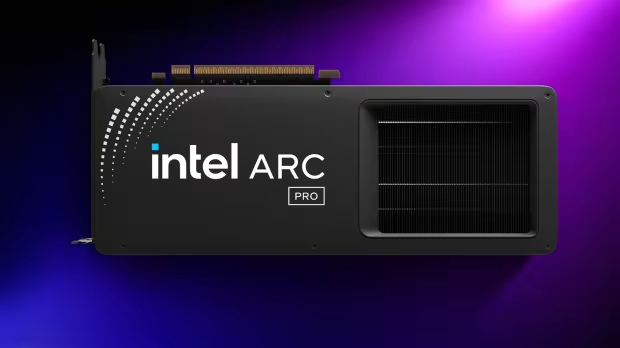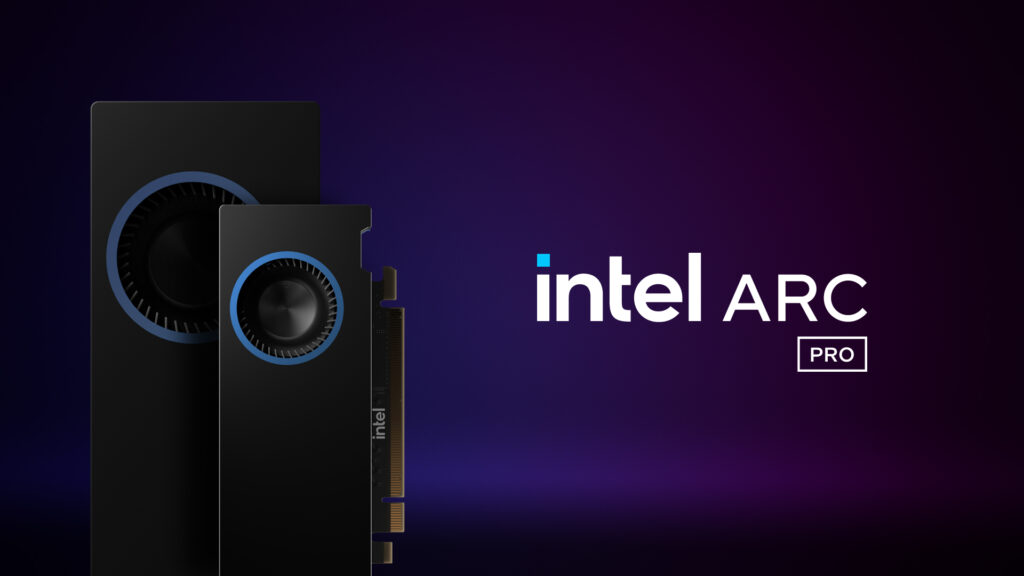Intel took center stage at Computex 2025 with a sweeping showcase of new AI hardware innovations, doubling down on its mission to power the future of artificial intelligence across both consumer and enterprise segments. The tech giant unveiled expanded offerings within its Arc Pro GPU family, alongside the long-anticipated commercial launch of its Gaudi 3 AI accelerator a clear signal of Intel’s intensifying focus on AI compute leadership.
Among the most anticipated announcements was the introduction of next-generation Arc Pro GPUs, designed specifically for prosumers, content creators, and AI developers. These graphics solutions are optimized not only for high-fidelity visual workloads such as 3D rendering, video editing, and real-time ray tracing, but also for local development of AI models including generative AI and machine learning tasks.
Built on Intel’s latest graphics architecture, the new Arc Pro models aim to deliver a balanced mix of raw performance, AI acceleration, and efficiency. With enhanced support for AI-driven software and deeper integration with popular development tools, these GPUs are targeted at professionals who need workstation-grade performance in a desktop or portable format.
Intel also confirmed the commercial availability of its powerful Gaudi 3 AI accelerator, a data center-grade chip engineered for rack-scale deployments and PCIe-based integration. Originally previewed earlier this year, Gaudi 3 is built to handle large-scale training and inference workloads with enhanced power efficiency, faster throughput, and better memory bandwidth than its predecessor.
According to Intel, Gaudi 3 delivers a 3x performance boost in AI training and 2x better efficiency for inference tasks compared to the Gaudi 2. These improvements make it a formidable contender for enterprises building out their AI infrastructure across industries like healthcare, automotive, finance, and retail.
By offering both PCIe and full server-scale configurations, Intel is giving cloud providers and data center operators the flexibility to deploy Gaudi 3 in a variety of environments, whether integrating it into existing systems or rolling out new AI clusters.
Intel’s announcements come at a time when demand for AI computing power is skyrocketing, and competition in the hardware space is more intense than ever. Rivals like NVIDIA and AMD have established strong footholds with their respective AI platforms, making Intel’s latest offerings crucial to gaining ground in the accelerating race for AI dominance.
Pat Gelsinger, CEO of Intel, emphasized the company’s AI vision during the keynote:
“We are building a full-stack AI ecosystem, from the edge to the data center. Gaudi 3 and Arc Pro are the next steps in that journey, enabling developers, creators, and enterprises to harness AI in ways that are more accessible, scalable, and sustainable.”
Intel’s Computex 2025 announcements reflect a broader strategy to build end-to-end AI platforms, spanning local development tools, prosumer workstations, and full-scale AI data center deployments. With the integration of open software stacks like oneAPI and support for major AI frameworks such as TensorFlow and PyTorch, Intel is positioning itself as a platform of choice for developers looking to avoid proprietary lock-in.

Intel also noted its continuing investment in AI software optimisation and open standards to encourage broader adoption of its hardware across industries. The combination of Gaudi 3’s scalable architecture and Arc Pro’s developer-friendly capabilities aims to cover the full AI lifecycle, from experimentation to production at scale.
With AI poised to reshape nearly every sector of the economy, Intel’s expanded hardware lineup demonstrates a timely and calculated response to growing demand. As more enterprises look to build or expand AI capabilities, the need for efficient, powerful, and versatile AI compute infrastructure has never been greater.
By offering tailored solutions for both individuals and large-scale operators, Intel is staking its claim as a serious contender in the next wave of AI-driven innovation. The company’s Computex 2025 showcase wasn’t just a product launch, it was a declaration that Intel intends to compete at every level of the AI stack.

